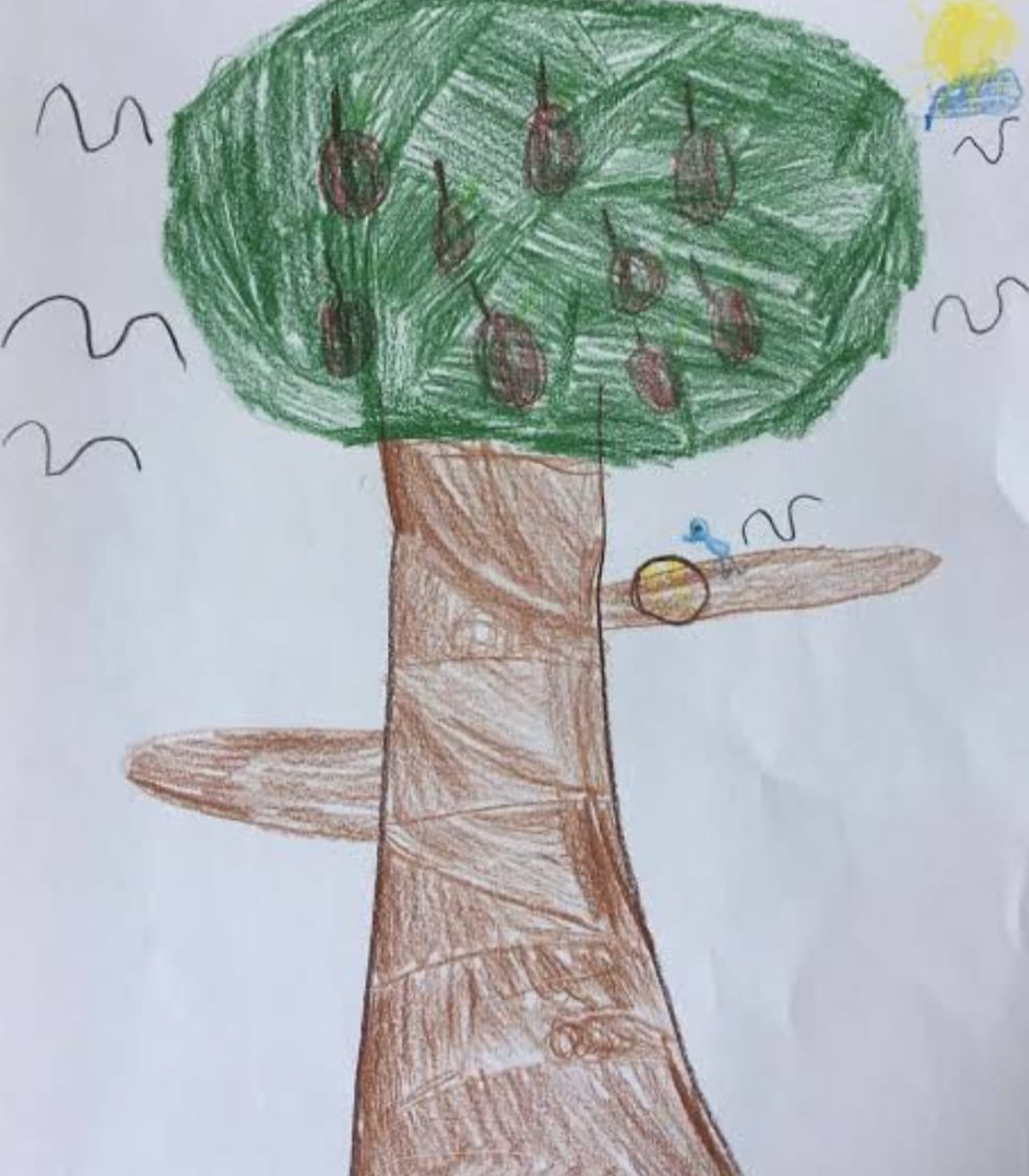A group art therapy intervention model to address mental health stigma in a rural community in South Africa
Main Article Content
Keywords
art therapy intervention, group art therapy, mental health stigma, art therapy, rural community
Abstract
Mental health stigma is one of the main reasons why individuals do not seek mental health treatment, and it can lead to discrimination and alienation. Group art therapy is a successful and economical intervention option to address mental health stigma, specifically in rural areas like Phuthaditjhaba in South Africa. This article refers to a research study where a short-duration art therapy intervention was implemented with female students in Phuthaditjhaba, a densely populated and isolated rural area in South Africa. Using a reflective action research cycle the study found that a group art therapy intervention informs the group members of mental health stigma, its repercussions, how to prevent it, and how to heal from experienced stigma. Traditional healing objects and traditions were included in the intervention, making it an inclusive and less-threatening option for different cultures. A group art therapy intervention model is presented to serve as a possible process guide for art therapists who would like to address mental health stigma in group therapy. The participants have experienced mental health stigma in Phuthaditjhaba. Their visual stories of change capture the internal changes that took place for them as a result of the intervention. They are now more aware of what stigma is, it’s repercussions, how to prevent it and how to heal from experienced stigma. Group art therapy is a suitable therapeutic paradigm for addressing mental health stigma in rural areas of South Africa.
Article Metrics Graph
References
Berman, H. (Ed.). (2016). Re-searching bodies. Lefika Publications.
Carolan, R. (2001). Models and paradigms of art therapy research. Art Therapy, 18(4), 190–206. https://doi.org/10.1080/07421656.2001.10129537.
Carr, S.M.D. & Ashby, E. (2020). Stigma and shame in mental illness: avoiding collusion in art therapy, International Journal of Art Therapy: Inscape, 25(1:, 1–4. https://doi.org/10.1080/17454832.2020.1739351.
Davies, R. & Dart, J. (2005). The “Most Significant Change” (MSC) technique: A guide to its use, Change, (April), 1–104. https://doi.org/10.13140/RG.2.1.4305.3606.
Egbe, C.O. et al. (2014). Psychiatric stigma and discrimination in South Africa: Perspectives from key stakeholders. BMC Psychiatry, 14(1), 1–14. https://doi.org/10.1186/1471-244X-14-191/TABLES/3.
Fish, B.J. (2019). Response art in art therapy: Historical and contemporary overview, Art Therapy, 36(3), 122–132. https://doi.org/10.1080/07421656.2019.1648915.
Gillam, T. (2004). Art therapy for groups, mental health practice. Mental Health Practice. 8(1), 27 https://doi.org/10.7748/mhp.8.1.27.s27.
Ho, R.T.H. et al. (2017). Reducing mental illness stigma and fostering empathic citizenship: Community arts collaborative approach. Social Work in Mental Health, 15(4), 469–485. https://doi.org/10.1080/15332985.2016.1236767.
Hocoy, D. (2005). Art therapy and social action: A transpersonal framework. Art Therapy, 22(1), 7–16. https://doi.org/10.1080/07421656.2005.10129466.
Huss, E. (2015). A theory-based approach to art therapy, a theory-based approach to art therapy. Taylor & Francis. https://doi.org/10.4324/9781315856810.
Kakuma, R. et al. (2010). Mental health stigma: What is being done to raise awareness and reduce stigma in South Africa?. African Journal of Psychiatry, 13(2), 116–124. https://doi.org/10.4314/ajpsy.v13i2.54357.
Ottemiller, D.D. & Awais, Y.J. (2016). A model for art therapists in community-based practice. Art Therapy, 33(3), 144–150. https://doi.org/10.1080/07421656.2016.1199245.
Ratele, K. & Malherbe, N. (2022). Liberatory Africa(n)-centred community psychology of psychosocial change. In: Kessi, S., Suffla, S., Seedat, M. (Eds) Decolonial Enactments in Community Psychology: Community Psychology. Springer. https://doi.org/10.1007/978-3-030-75201-9_2
Rüsch, N., Angermeyer, M.C. & Corrigan, P.W. (2005). Mental illness stigma: Concepts, consequences, and initiatives to reduce stigma. European Psychiatry, 20(8), 529–539. https://doi.org/10.1016/J.EURPSY.2005.04.004.
Schoeman, K. (2022). Mental health stigma in Phuthaditjhaba: A group art therapy intervention. Master’s thesis, University of Johannesburg, Johannesburg.
Sorsdahl, K.R. et al. (2012). The internalised stigma experienced by members of a mental health advocacy group in South Africa. International Journal of Social Psychiatry, 58(1), 55–61. https://doi.org/10.1177/0020764010387058.
Teoli, L.A. (2020). Art therapists’ perceptions of what happens when they create art alongside their clients in the practice of group therapy. Arts in Psychotherapy, 68, 101645. https://doi.org/10.1016/j.aip.2020.101645.
Long, W. (2016). On the Africanization of psychology. South African Journal of Psychology, 46(4), 429–431. https://doi.org/10.1177/0081246316650853


